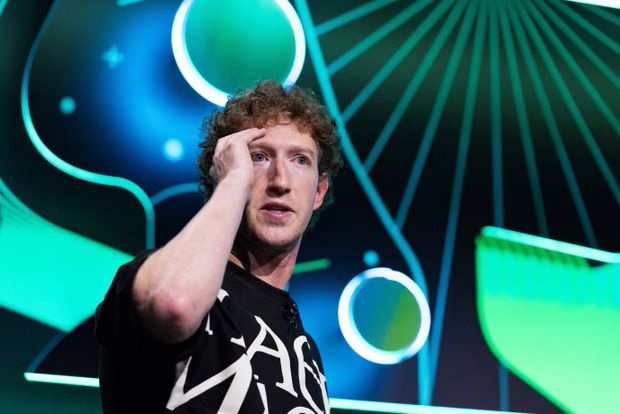More Than $400 Billion in Future AI Investments Forecasted
By the year 2025, the competition among technologic companies to command artificial intelligence has become an expensive race for capital. Companies spent over $155 billion building artificial intelligence infrastructure as of now- an amount higher than the U.S.government’s combined spend on education, workforce training, and social services for the year so far.
According to recent financial disclosures, companies like Microsoft, Meta, Amazon, and Alphabet are not slowing down. Their capital expenditure (capex)—a key indicator of AI-related infrastructure investments—is set to surge past $400 billion in the coming fiscal year. Much of this investment is being funneled into massive data centers, cutting-edge servers, and advanced semiconductor chips—critical components for AI development and deployment at scale.
AI as the New Arms Race
Meta’s capex has more than doubled year-over-year, reaching $30.7 billion year-to-date, with $17 billion spent in the most recent quarter alone. Alphabet has committed $40 billion in the first half of the year, while Amazon has led the pack so far with $55.7 billion invested, largely in support of its AWS platform. Microsoft plans to spend over $30 billion in the current quarter alone, a 50% jump from the same period last year.
Satya Nadella, CEO of Microsoft, has signaled that the company will allocate $100 billion toward AI initiatives in the next fiscal year. Meta is expected to invest $66–$72 billion, Alphabet has revised its forecast upward to $85 billion, and Amazon’s capex could approach $118 billion, per analyst projections.
The combined investments from just four companies could surpass the total defense budget of the European Union for the quarter, amplifying the degree of commitment and strategic emphasis AI has taken on in boardrooms.
Market Confidence is High
Even with these huge numbers, investor confidence is fundamentally optimistic. Reports of increased capex have frequently led to rises in stock prices for Microsoft, Google, and Meta. Microsoft hit a $4 trillion market capitalization, after its most recent earnings call, demonstrating the market’s expectations around long-term monetization of the AI sector.
Apple, traditionally more conservative in capex disclosures, reported a year-over-year increase to $3.46 billion in the latest quarter. While considered a laggard in AI relative to peers, CEO Tim Cook confirmed a major internal push to embed AI across Apple’s product ecosystem. Though exact figures were withheld, Cook stated the company is “significantly growing our investment” in the space.
Startups Join the Spending Surge
Smaller players are also riding the AI investment wave. OpenAI, the company that created ChatGPT, has successfully raised a reported $8.3 billion from a reported $40 billion round, raising its estimated valuation to $300 billion. All of these developments point to an increasing desire in the investor community for AI infrastructure, tooling and applications.
Business Implication
This capital deployment represents something new for the overall business landscape. AI is building momentum and has become the centerpiece of cloud platforms, software tools and consumer products. The companies that will decide the future of global technology leadership in the next ten years are the ones that will own the infrastructure that supports AI and the talent that employs it.
Boards and executives in sectors outside of big tech may want to rethink their own AI roadmaps, not just to remain competitive, but to ensure they are strategically involved in the accelerating AI economy in general.
#TechSpendingBoom#AIInfusion#AIInvestmentsSurge#modernbusinessindia
#printpublication#printmagazine



